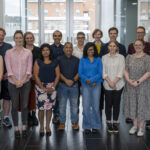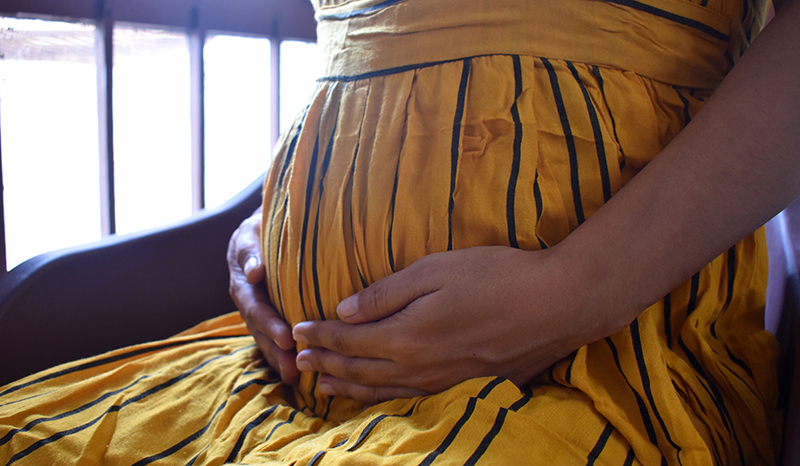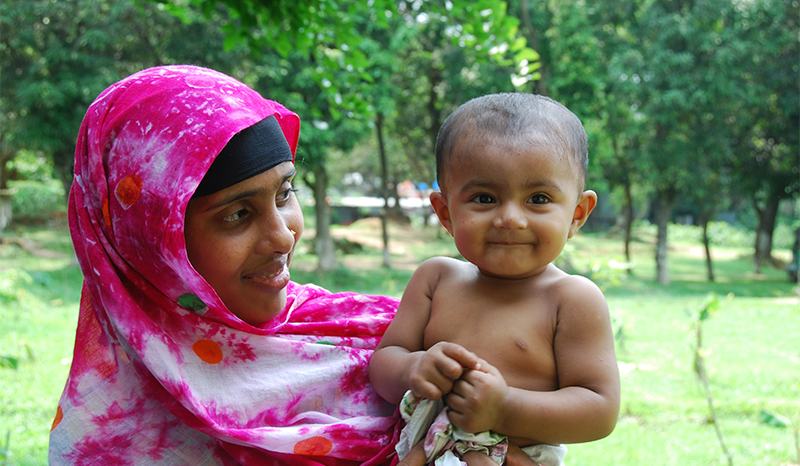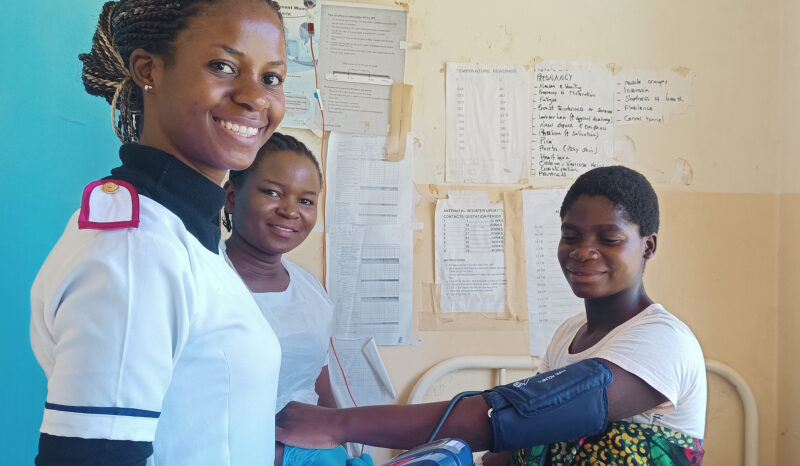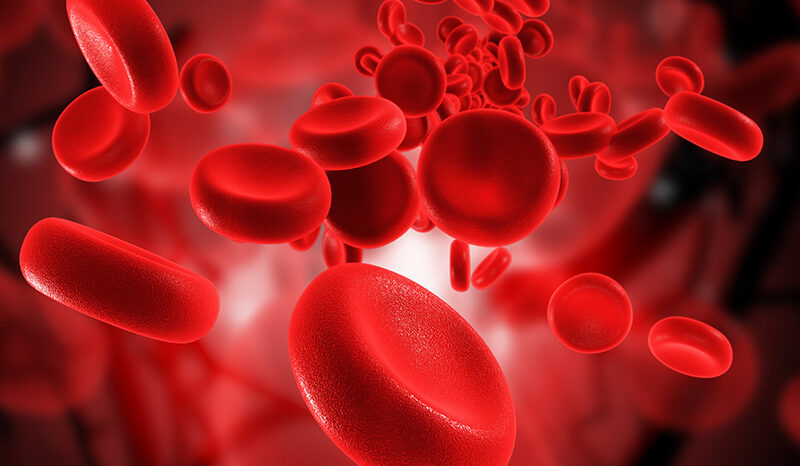Prang K-H, Rahman AMQ, Verbunt E, Sabanovic H, Ahmed S, Hasan MI, Davidson EM, McLean ARD, Braat S, Glover-Wright C, Carvalho N, Pasricha S-R, Hamadani JD, Sarker BK. Feasibility and Acceptability of Intravenous Iron for Anaemia in Pregnancy in Bangladesh: A Demonstration Project Protocol. Global Implementation Research and Applications. 2025;5(4):10.1007/s43477-025-00176-4
Raman I, Bennett C, Pettikiriarachchi A, Ataide R, Zhu Y, Tsui E, Juneja S, Emery-Corbin S, Spall S, Yousef J, Dagley L, Yannakou C, Pasricha S-R. Characterisation of the megakaryocyte proteome in patients with Philadelphia negative myeloproliferative neoplasms. Blood. 2025;146(Supplement 1):10.1182/blood-2025-5539
Sertori R, Moir-Meyer G, Bennett C, Pal M, Pettikiriarachchi A, Downes D, Hughes J, Drakesmith A, Clucas D, Li-Wai-Suen C, Benetti N, Cameron T, Blewitt M, Pasricha S-R. Expression of the erythroid controller of systemic iron homeostasis erythroferrone is cis-regulated. Blood. 2025;146(Supplement 1):10.1182/blood-2025-528
Shearman J, Girelli D, Schaer D, Pasricha S-R, Kowdley K, Olynyk J, Kato G, Abraham S, Pollet C, Merle U. Current clinical concerns for patients with hereditary hemochromatosis – a Delphi consensus study. Blood. 2025;146(Supplement 1):10.1182/blood-2025-6162
Mzembe G, Nkhono W, Moya E, Harding R, Kaunda J, Thawani A, Mwambinga M, Mtambo O, Truwah Z, Vokhiwa M, Mhango G, Demir AY, Verhoef H, Ataíde R, Braat S, Pasricha S-R, Phiri KS, Mwangi MN. Prenatal Intravenous Iron and Child Growth. JAMA Network Open. 2025;8(10):10.1001/jamanetworkopen.2025.38392
Atkinson SH, Suchdev PS, Bode M, Carducci B, Cerami C, Mwangi MN, Namaste S, Winichagoon P, Leung S, Mutua AM, Abuga KM, Angeles-Agdeppa I, Blythe R, Carvalho N, Cepeda-Lopez A, Cross JH, de Pee S, Di Ruggiero E, Fanzo J, Gentilini U, Gichohi-Wainaina WN, Glover-Wright C, Gomes F, Hess S, Holloway-Brown J, Joof F, Karakochuk C, Kassebaum NJ, Larson L, Mettananda S, Muriuki JM, Mwangome M, Ohuma EO, Oliver V, Perumal N, Phiri K, Samuel F, Sinharoy S, Tizifa T, Valleriani G, van Zutphen-Küffer KG, Vasta F, Verhoef H, Wang Y, Yadav K, Yang Z, Young M, Zimmermann MB, Pasricha S-R. Getting back on track to meet global anaemia reduction targets: a Lancet Haematology Commission. The Lancet Haematology. 2025;12(9):10.1016/s2352-3026(25)00146-2
Blythe R, Carvalho N, Holloway-Brown J, Leung S, Oliver VL, Wang Y, Glover-Wright C, Pasricha S-R, Bode M. Cost-effective targets for anaemia reduction in 191 countries: a modelling study. The Lancet Haematology. 2025;12(9):10.1016/s2352-3026(25)00168-1
Oliver VL, Wang Y, Leung S, Blythe R, Glover-Wright C, Holloway-Brown J, Bode M, Pasricha S-R, Carvalho N. Estimated unit costs of anaemia interventions for women of reproductive age in 193 UN member states: a costing study. The Lancet Haematology. 2025;12(9):10.1016/s2352-3026(25)00171-1
Bode M, Carvalho N, Leung S, Pasricha S-R. Progress towards global nutrition targets and future directions. The Lancet. 2025;406(10505):10.1016/s0140-6736(25)01460-6
Nwokeocha S, Haysom HE, Wellard C, Roberts T, Kachapila M, Chee M, Petrie D, McQuilten ZK, Waters N, Greenway A, Mason K, Nelson A, Kaplan Z, Ho PJ, Wood EM, Irving A, Pasricha S, Crighton G, Finlayson J, Vadolas J, Cole‐Sinclair M, Greely C, Teo J, Brennan Y, Carter TL, Kidson‐Gerber G, Ho LL, Yui M, Pal M, Dowsing C, Barbaro PM, Chamerlain J. Economic burden of sickle cell disease in Australia. Internal Medicine Journal. 2025;55(8):10.1111/imj.70092


